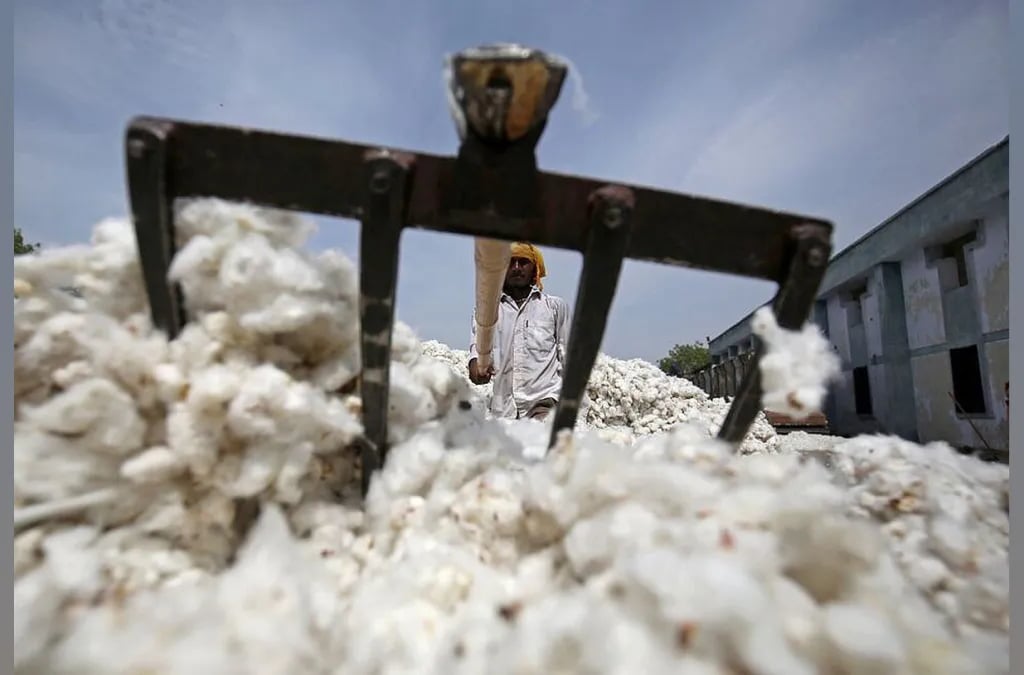India Challenges Indonesia’s Cotton Yarn Safeguards at WTO
On June 2, 2025, India formally initiated consultations with Indonesia at the World Trade Organization (WTO) concerning the extension of Indonesia's safeguard measures on cotton yarn imports . These measures—consisting of additional tariffs—were introduced by Indonesia to protect its domestic cotton yarn industry amid a surge in imports, particularly from India. India, holding approximately 11.85% share in Indonesia's cotton yarn market, claims that the extension lacks adequate justification and may violate WTO rules
Admin
6/3/20252 min read


Key Points of the Dispute
Reason > Indonesia cited "serious injury or threat" to its yarn industry due to rising imports.
India's Position > As a major exporter, India argues the safeguard harms its textile sector and should be reconsidered.
Consultation Dates > India proposed virtual talks from June 10–13, or on another mutually convenient timeframe.
Dispute Mechanism > These consultations follow the WTO's safeguards procedure and are not part of formal dispute settlement yet.
Implications of These Safeguard Measures
Impact on Trade Dynamics
Extended tariffs on cotton yarn could reshape India–Indonesia trade, pushing exporters to seek alternative markets—such as Bangladesh or Vietnam—if safeguards persist.Precedent for Other Commodities
The outcome may influence Indonesia's stance on future safeguards for other agricultural or industrial goods like cocoa, coconut products, and spices.Importance of Safeguard Transparency
It highlights the need for Indonesia to ensure clear justification and compliance with international trade rules, especially when defending domestic industries.
Possible Outcomes Ahead
Mutual Resolution:
Should consultations succeed, Indonesia may modify or remove safeguard measures, and India might avoid a formal WTO panel.Formal Dispute Escalation:
If no resolution is achieved within 60 days, India can request a WTO dispute settlement panel to determine compliance with WTO safeguards rules.Industry Adaptation:
A continued safeguard period could redirect Indian exports and potentially encourage Indonesian industry to pursue diversification.
Relevance for Indonesian Exporters
For exporters of agricultural goods—such as spices, coconut derivatives, and cocoa—this dispute underscores several strategic considerations:
Market Diversification: Don’t rely heavily on a single importing country—spread risk across multiple regions.
Certification & Traceability: Maintain robust compliance systems to compete fairly in regulated markets.
Policy Watch: Stay updated on Indonesia’s trade measures and WTO proceedings that may affect global market access.
Conclusion
India’s challenge at the WTO marks a notable diplomatic move aimed at protecting its textile exports and testing Indonesia's safeguard strategy. As negotiations unfold, businesses in Indonesia’s agricultural and industrial sectors should remain aware of evolving trade protocols and positioning themselves for long-term resilience and opportunity.
For expert advice on navigating global trade regulations and optimizing export readiness, contact us at:
Email: contact@llgexport.com
WhatsApp: +62 821 8380 2983
Trusted partner for sustainable Indonesian exports—compliant, transparent, and forward-looking.



